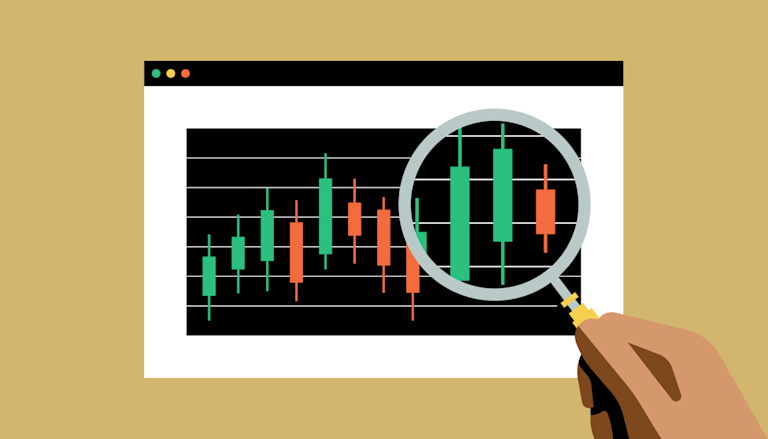
Exploring the Future of Crypto Trading Platforms
In recent years, the rise of Crypto Trading Platforms click here has transformed the financial landscape, offering users unprecedented access to digital currencies. As technology continues to evolve, these platforms play a pivotal role in making cryptocurrency trading accessible to everyone, regardless of their experience level. This article delves into the various aspects of crypto trading platforms, examining their features, benefits, and the trends shaping their future.
Understanding Crypto Trading Platforms
Crypto trading platforms are online services that enable users to buy, sell, or trade cryptocurrencies. They serve as intermediaries between buyers and sellers, providing the necessary infrastructure to facilitate transactions. There are several types of platforms, each catering to different user needs and preferences:
- Centralized Exchanges (CEX): These are the most common type of trading platforms, where a central authority manages the exchange. Users create accounts and deposit funds, which are then used to purchase cryptocurrencies. Popular examples include Coinbase, Binance, and Kraken.
- Decentralized Exchanges (DEX): DEX platforms operate without a central authority, allowing users to trade directly with one another. They promote privacy and security, as users maintain control over their funds. Examples include Uniswap and PancakeSwap.
- P2P Exchanges: Peer-to-peer platforms connect buyers and sellers directly, facilitating transactions without intermediaries. LocalBitcoins and Paxful are notable examples, providing users with various payment methods and options.
Key Features to Consider
When selecting a crypto trading platform, it’s essential to consider the following features:
- User Interface: A user-friendly interface can significantly affect your trading experience. Look for platforms that offer intuitive designs, robust search functionalities, and real-time updates.
- Security Measures: Crypto trading involves risks, mainly if security is compromised. Ensure the platform employs robust security measures, such as two-factor authentication (2FA), cold storage for funds, and regular security audits.
- Supported Cryptocurrencies: The range of cryptocurrencies offered can vary between platforms. Depending on your trading strategy, you may want to choose a platform that supports a wide array of currencies.
- Fees and Costs: Different platforms have varying fee structures, including trading, withdrawal, and deposit fees. Compare these costs across several platforms to find one that aligns with your trading habits.
- Liquidity: Liquidity refers to how easily an asset can be bought or sold without affecting its price. Higher liquidity generally results in lower price volatility, making it a critical factor to consider when choosing a platform.

Benefits of Using Crypto Trading Platforms
Crypto trading platforms provide several advantages to traders, some of which include:
- Accessibility: The elimination of traditional banking barriers means that anyone with an internet connection can participate in cryptocurrency trading, democratizing access to financial markets.
- Diverse Investment Opportunities: With thousands of cryptocurrencies available, traders can diversify their portfolios and hedge against market volatility.
- Real-Time Market Data: Most platforms offer real-time analytics, price charts, and market news, helping users make informed trading decisions.
- Advanced Trading Features: Many platforms provide tools and features such as margin trading, futures contracts, and automated trading systems to facilitate more sophisticated trading strategies.
The Future of Crypto Trading Platforms
With the rapid advancement of technology and an ever-evolving regulatory landscape, the future of crypto trading platforms looks promising. Here are some trends that may shape their development:
- Integration of Artificial Intelligence: AI can enhance trading platforms by providing predictive analytics, risk management solutions, and personalized trading experiences tailored to user preferences.
- Blockchain Technology Advancements: As blockchain technology matures, it may lead to more secure, transparent, and efficient trading mechanisms, potentially reducing fraud and improving user confidence.
- Regulatory Compliance: As governments worldwide continue to devise regulatory frameworks for cryptocurrencies, platforms that prioritize compliance will likely gain an edge, building trust with users.
- Decentralization Trends: The push for decentralization will likely continue, favoring platforms that respect user autonomy and privacy, paving the way for innovative trading solutions.
Conclusion
The emergence of crypto trading platforms has revolutionized how individuals interact with digital currencies, creating vast opportunities in the financial landscape. As these platforms develop and adapt to new technologies and regulatory requirements, they will continue to play a crucial role in shaping the future of finance. Whether you’re a seasoned trader or just starting, understanding the features, benefits, and trends of crypto trading platforms will help you navigate this dynamic market effectively.

